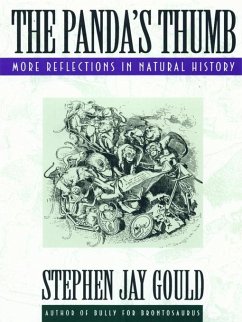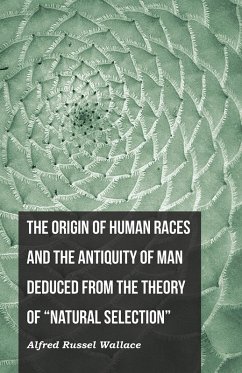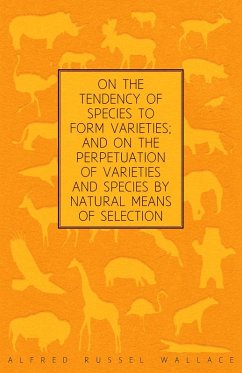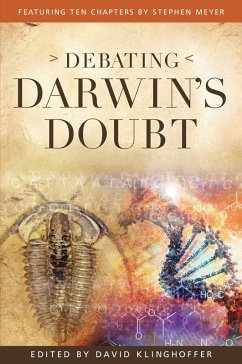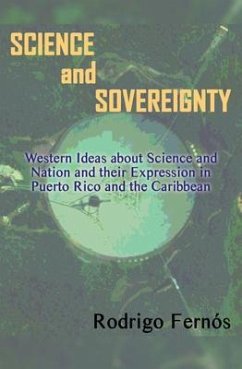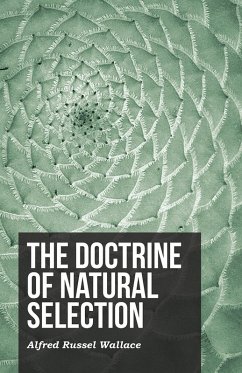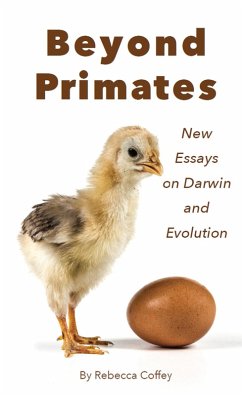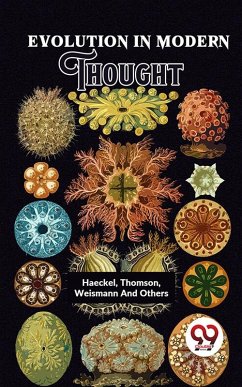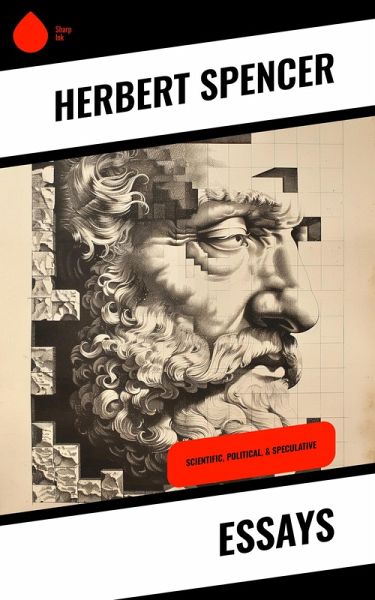
Essays (eBook, ePUB)
Scientific, Political, & Speculative

PAYBACK Punkte
0 °P sammeln!
In "Essays," Herbert Spencer presents a thought-provoking collection of writings that explore the interplay between individual and society through the lens of evolutionary theory and sociology. Spencer employs a clear, incisive literary style, demonstrating his analytical prowess and deep engagement with contemporary philosophical debates. The essays traverse various topics, including ethics, education, and governance, embodying the intellectual currents of the late 19th century and reflecting the burgeoning Victorian ethos surrounding progress and social reform. Spencer's argumentation invite...
In "Essays," Herbert Spencer presents a thought-provoking collection of writings that explore the interplay between individual and society through the lens of evolutionary theory and sociology. Spencer employs a clear, incisive literary style, demonstrating his analytical prowess and deep engagement with contemporary philosophical debates. The essays traverse various topics, including ethics, education, and governance, embodying the intellectual currents of the late 19th century and reflecting the burgeoning Victorian ethos surrounding progress and social reform. Spencer's argumentation invites readers to contemplate the implications of Darwinian principles on human development and societal structures, establishing a foundational text for both sociology and modern political thought. Herbert Spencer (1820-1903), a prominent English philosopher and sociologist, was instrumental in shaping modern social theory. His belief in the application of evolutionary ideas to human society stemmed from an interdisciplinary background in natural sciences and philosophy. His interaction with contemporaries such as Charles Darwin and John Stuart Mill influenced his conclusions on societal evolution, culminating in the essays compiled in this volume. Spencer's lifelong pursuit of understanding social dynamics was challenged by the political and scientific upheavals of his time, which he addresses eloquently in this work. "Essays" is an essential read for scholars and enthusiasts of philosophy, sociology, and political science alike. Spencer's insights reveal crucial connections between individual agency and societal structures, inviting a renewed examination of modern civilization's challenges. This volume not only enriches historical discourse but also offers timeless reflections that resonate with ongoing debates about social progress and community responsibility.
Dieser Download kann aus rechtlichen Gründen nur mit Rechnungsadresse in A, B, BG, CY, CZ, D, DK, EW, E, FIN, F, GR, HR, H, IRL, I, LT, L, LR, M, NL, PL, P, R, S, SLO, SK ausgeliefert werden.





